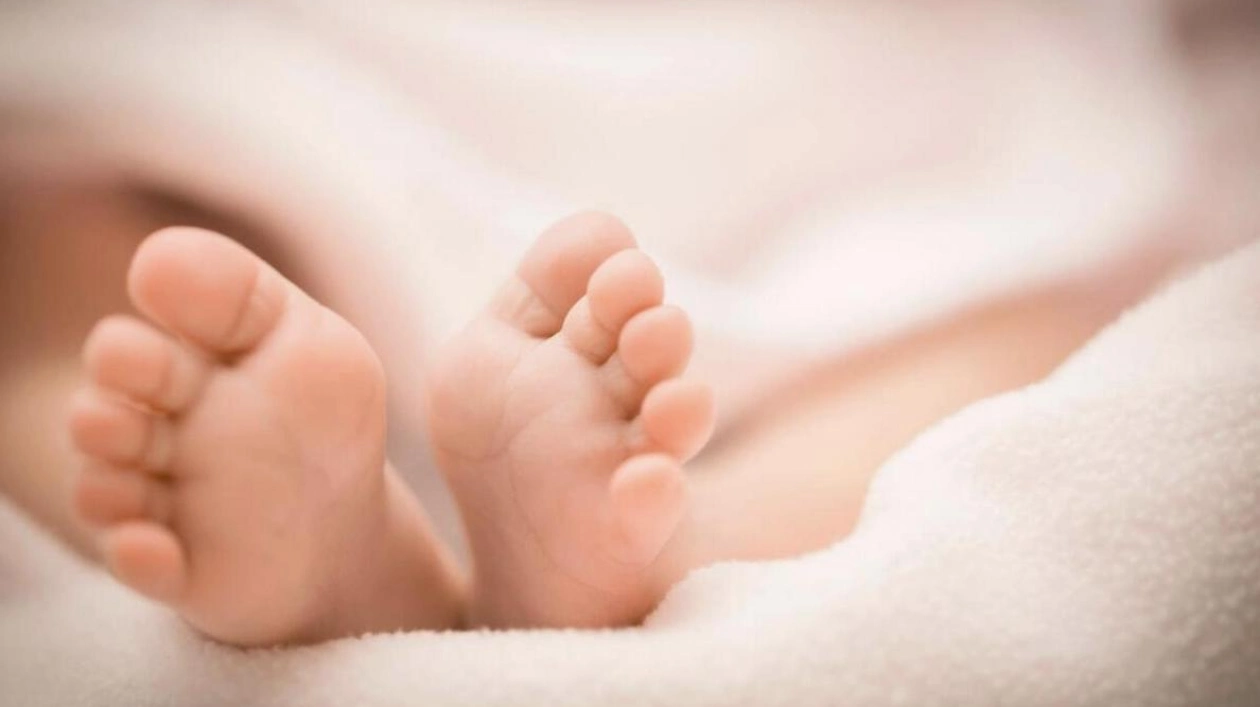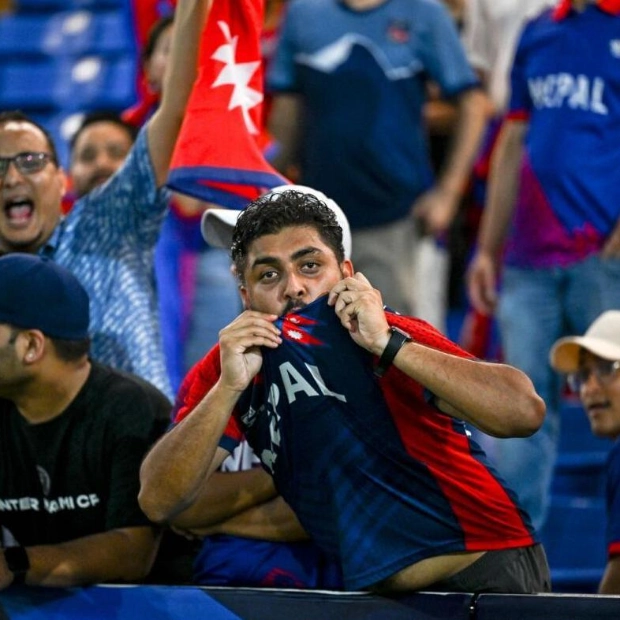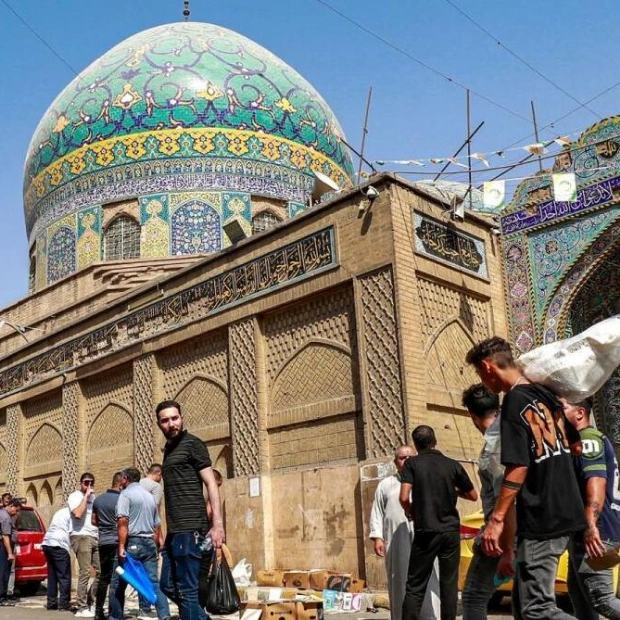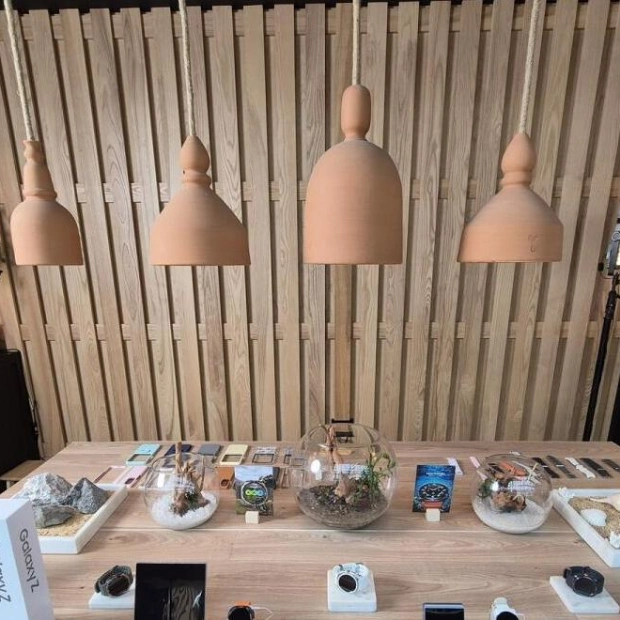A 34-year-old mother successfully delivered a healthy baby at Medcare Hospital Sharjah following a rare pregnancy complication that led to a foetus developing outside the uterus. This condition, known as heterotopic pregnancy, involves both a normal intrauterine pregnancy and an ectopic pregnancy. Dalel Khalfaoui, a Tunisian, faced a twisted fallopian tube issue, which was detected late in her pregnancy. She chose to undergo diagnostic laparoscopic surgery at seven months to safeguard her baby. Dr. Hala Al Khalidy, an obstetrics and gynecology specialist who directed the procedure at Medcare Hospital Sharjah, noted that acute torsion of the fallopian tube is exceedingly rare. She highlighted that Khalfaoui's undiagnosed ectopic pregnancy is among the rarest globally, accounting for just one to two percent of all ectopic pregnancies, which are themselves only one percent of typical pregnancies.
Dr. Hala explained that chronic ectopic pregnancies are usually diagnosed by the 24th week, with very few cases reaching 31 weeks globally, and none of these patients had undergone laparoscopic surgery. The decision to perform diagnostic laparoscopic surgery to identify and treat the condition while ensuring the safety of both the baby and the mother was a significant challenge. Khalfaoui and her husband, Achraf Amdouni, had been attempting to conceive for five years with medical assistance. Their perseverance paid off when they learned of Khalfaoui's pregnancy, though she experienced increasing pain throughout. By the 31st week, the pain was severe enough to require emergency care.
The medical team, including multiple specialists, struggled to diagnose the cause of the pain, which did not respond to rest or painkillers. Despite the risks associated with MRI scans late in pregnancy, two were conducted, revealing only minor ovarian cysts. Dr. Hala then decided on diagnostic laparoscopy, enlisting the help of Dr. Mona Mohamad Saad, a gynecology consultant. The traditional laparoscopy approach was challenging due to Khalfaoui's third trimester status, leading to a higher abdominal entry point. The surgery revealed a severely twisted and gangrenous right fallopian tube, which was removed laparoscopically. Histopathology confirmed an ectopic pregnancy that had ceased growth after two months.
Khalfaoui expressed her fears and concerns about the complications and the risks to her baby, given the long struggle to conceive. Dr. Hala explained that a twisted fallopian tube in heterotopic pregnancies can increase the risk of ectopic pregnancy and reduce blood flow, threatening both mother and baby. Khalfaoui underwent successful laparoscopic surgery and later gave birth to a healthy baby girl weighing three kilograms. She and her husband expressed deep gratitude to the medical team for their support and care throughout this arduous journey.






